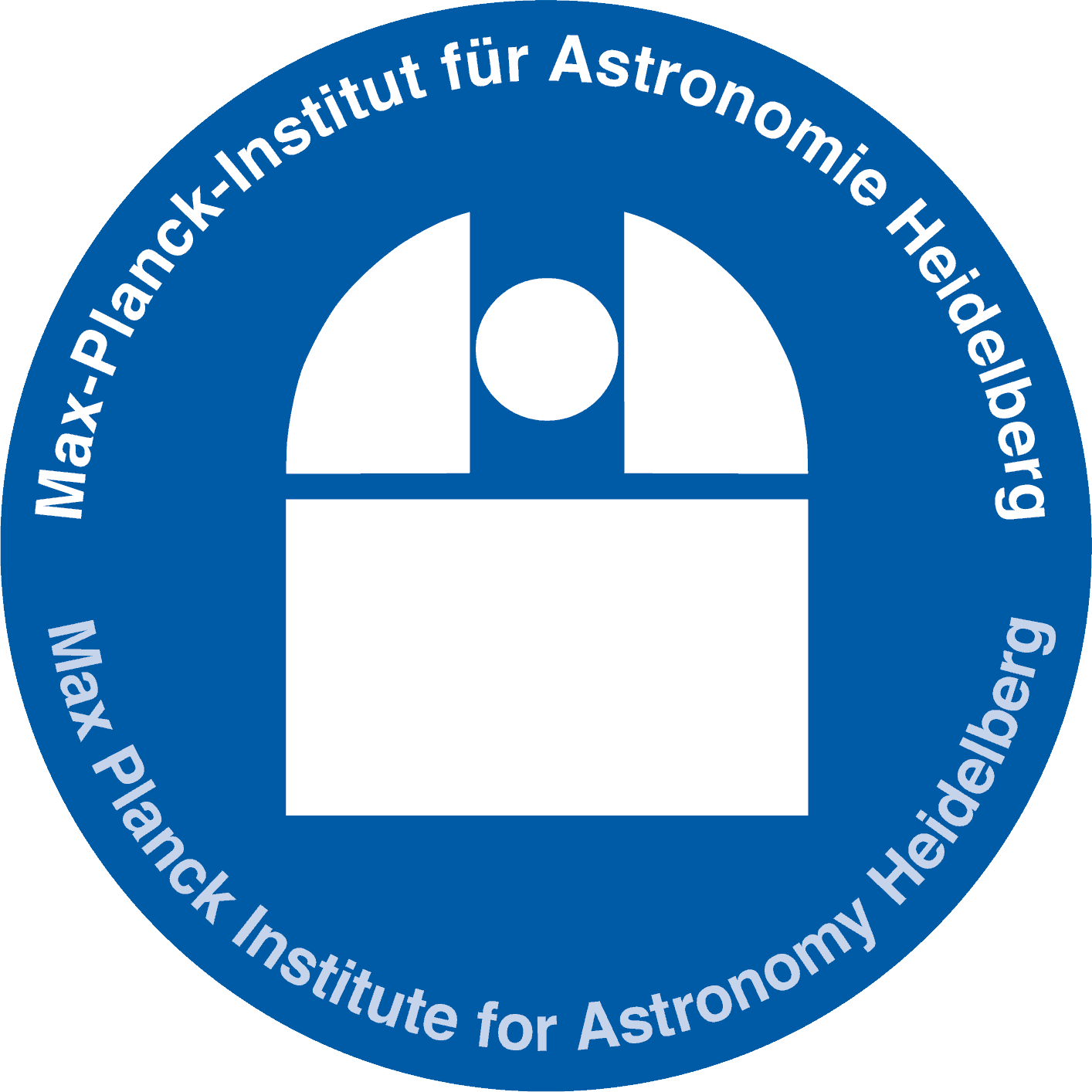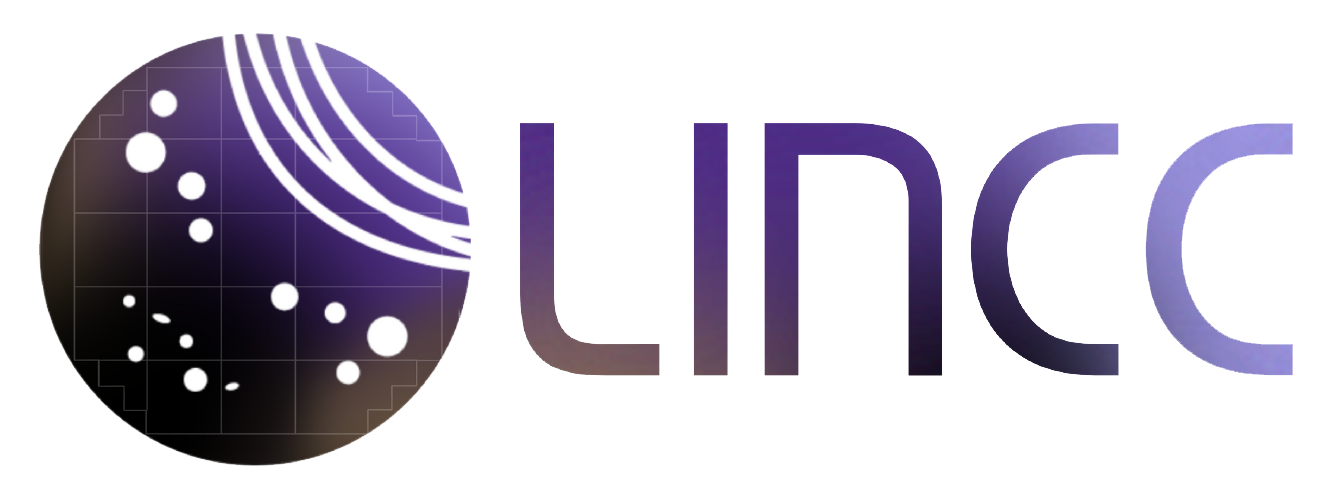For more information on logistics please contact
Dr. Coryn Bailer-Jones (calj@mpia.de)
Max Planck Institute for Astronomy, Heidelberg, Germany
For more information on possible science projects, feel free to contact any of the relevant PIs:
Coryn Bailer-Jones, Eduardo Banados, Gregory Green, Knud Jahnke, Jörg-Uwe Pott, Hans-Walter Rix, Fabian Walter.
Contact information can be found on the MPIA web site http://www.mpia.de
The Max Planck Institute for Astronomy in Heidelberg is home to more than 200 scientists, students, and engineering staff, working on a wide range of instrumental, observational, and theoretical projects. Our science efforts are structured in three departments: Galaxies and Cosmology, Planet and Star Formation, and Atmospheric Physics of Exoplanets. We work on a wide range of topics, ranging from the characterization of planet forming disks, the mapping of dynamical structures in our Milky Way, the studies of nearby galaxies, through to finding the highest redshift quasars. We develop instrumentation for both ground-based (e.g. VLT, ELT) and space-based (e.g. JWST, Euclid) telescopes. Across the three departments, MPIA has an emphasis on data modelling, machine learning, and big data analysis. Our recently formed Data Science department provides assistance to MPIA researchers in high performance computing, working with complex data, and producing data analysis solutions.
The MPIA is contributing to Rubin/LSST through a group of software engineers, and has data rights for several Principal Investigators. MPIA scientists are planning to collaborate in the Rubin/LSST context in several areas: the identification and follow-up of interstellar objects, mapping interstellar dust in the Galaxy, dynamics of the Milky Way, exploring stellar variability and linking it to spectroscopic surveys and Gaia astrometry, as well as studying the environments of the most distant quasars. MPIA has a leading role in the near-infrared photometry of the Euclid mission, which will create exciting synergies with Rubin/LSST data. Fellows are welcome to propose projects on any topic, and are encouraged to contact us so we can identify potential collaborators and help optimize the application.
The MPIA community is diverse and highly international, with PhD students, postdocs, and staff coming from over 40 different countries. The institute's working language is English. We have a strong international visitor programme and many scientific seminars and colloquia. The MPIA Campus houses the "Haus der Astronomie" (HdA) - the Centre for Astronomy Education and Outreach - which is a joint operation between the MPIA, Heidelberg University, and the City of Heidelberg. The HdA also hosts the Office of Astronomy for Education (OAE) of the International Astronomical Union (IAU).
All MPIA fellows have access to state-of-the art computing resources, both in-house and at clusters hosted by other institutes. MPIA has access to all ESO telescopes, and we are a partner in the twin 8m LBT telescope with guaranteed time access. We are also part of the Gaia, Euclid, SDSS-V, and 4MOST consortia, providing opportunities to work with data that are complementary to LSST/Rubin.
MPIA has many ties to Heidelberg University, from common research projects, to teaching, and training undergraduate and PhD students. Postdoctoral Researchers are the largest group of junior scientists at MPIA and are central to our training and mentoring mission. We have a long and succesful record of supporting postdoctoral fellows on a path to successful research careers, and offer opportunities to get involved in teaching and supervising, and to organize workshops.
In addition to the LSSTC fellowship funding, we can provide additional travel funds if needed, and we offer the opportunity to extend the fellowship by a year at a competitive salary level.



